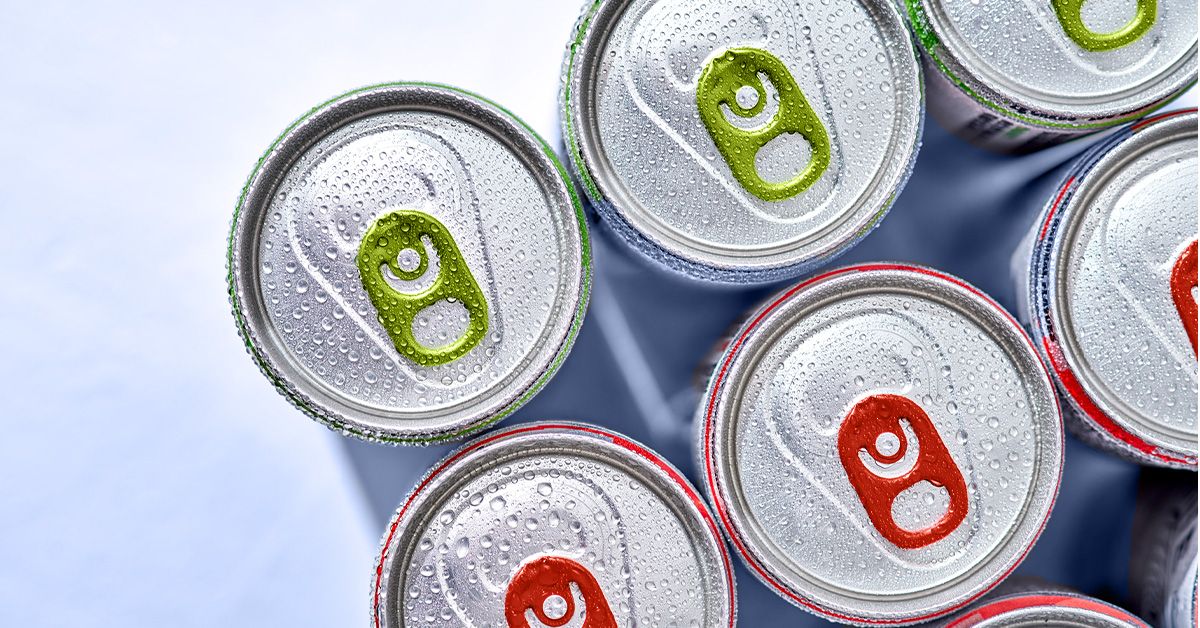Unmasking the Hidden Dangers: Soda Consumption and Liver Disease Risk
In the heart of suburbia, a family gathers around the dinner table, glasses of colorful carbonated beverages in hand, their bubbling contents promising refreshment and joy. This scene is all too common—the allure of fizzy drinks touted as “diet” or “low-calorie” versions fills the aisles of supermarkets, presenting a paradox: can something labeled as healthier really pose a risk to our health? A recent study casts a shadow over this assumption, revealing alarming connections between both regular and low-sugar soda consumption and the risk of liver disease.
A New Perspective on Beverage Choices
New research, presented at UEG Week 2025, has unveiled troubling correlations between beverage consumption and liver health, particularly regarding metabolic dysfunction-associated steatotic liver disease (MASLD). The data, compiled from over 103,000 participants in the UK Biobank—who ranged widely in demographics—suggests that individuals consuming more than 330 grams of either regular or low/non-sugar sweetened drinks (approximately one can) daily face increased risks.
Study author Lihe Liu stated, “Our findings challenge the conventional wisdom that low- or non-sugar-sweetened beverages are completely safe. They may still contribute significantly to liver disease, which was not an expected outcome.” With 949 participants developing MASLD and 103 succumbing to liver-related causes over a median follow-up of just over ten years, the findings can’t be ignored.
Beyond Sweeteners: The Liver’s Silent Struggle
A closer look reveals that while sugar-sweetened beverages are associated with a 50% higher risk of MASLD, the consumption of diet alternatives carries an even greater threat, correlating with a 60% increase in risk. Additionally, these low-sugar drinks have been connected to a rise in liver-related mortality rates. Researchers note the dose-dependent nature of this risk: the more one consumes, the greater the risk.
- Regular Soda: 50% increased risk for MASLD with higher consumption.
- Diet Soda: 60% increased risk for MASLD and linked to greater liver-related mortality.
- Switching to Water: Reduces MASLD risk significantly; a 14.7% reduction when substituting sugar-sweetened drinks.
The analysis focused on liver fat content, which is a significant indicator of liver health. MRI data played a pivotal role, shedding light on the hidden dangers lurking beneath seemingly innocent beverage choices. Liu noted, “The liver is incredibly resilient, but consistent exposure to harmful substances can lead to irreversible damage, impacting overall health.”
The Scientific Community Reacts
These findings have generated ripples through the scientific community, urging further exploration into the biological mechanisms underlying the connection between artificially sweetened drinks and liver disease. Dr. Emily Chen, a nutritionist at the University of London, remarked, “We need to delve deeper into the individual components of these beverages. There’s a pharmacological complexity in artificial sweeteners that we’re just beginning to understand.”
Despite the urgency these results present, the study’s limitations cannot be overlooked. The reliance on participant-reported data for beverage intake introduces potential biases, and the UK Biobank’s demographic limitations—primarily composed of healthier white participants—suggest that findings may not universally apply.
The Path Ahead: What’s Next?
Liu anticipates further research, stating, “The next step is to submit our findings for peer review and subsequent publication. It’s crucial that we establish a stronger evidence base, especially in diverse populations.” Researchers are also keen on understanding whether certain types of artificial sweeteners have varying degrees of risk associated with liver health.
Nutritionist Karen Z. Berg emphasizes the essence of these findings for public health: “It’s time we recognize that just because a drink claims to be ‘zero calories’ or ‘sugar-free’ doesn’t mean it is devoid of risks. Educating the public is paramount.” Her advice? Stick to water or naturally flavored alternatives as a safer choice for hydration.
In Conclusion: Rethinking Our Beverage Choices
As the family continues to toast their evening meals, a quiet reckoning lingers beneath the surface of their fizzy drinks. The findings from the recent study serve as a wake-up call, compelling consumers to rethink their beverage choices. With a growing body of research suggesting that both sugary and artificially sweetened drinks may pose significant health risks, opting for water appears not just a sensible choice but a necessary one to promote long-term liver health. The gleaming cans, once symbols of refreshment and pleasure, now bear a cautionary tale—one that urges caution in the face of convenience.
Source: www.medicalnewstoday.com


